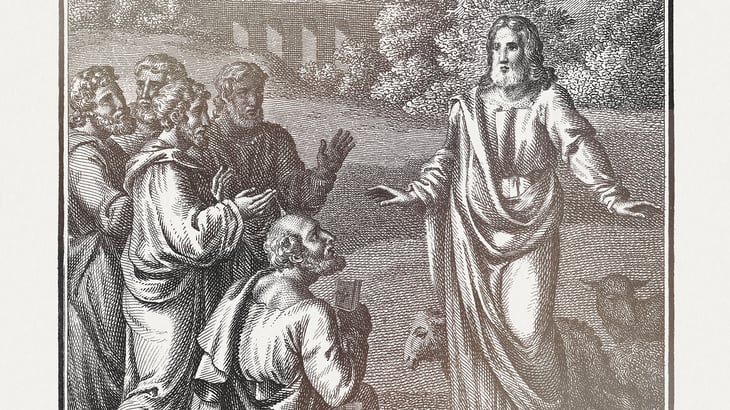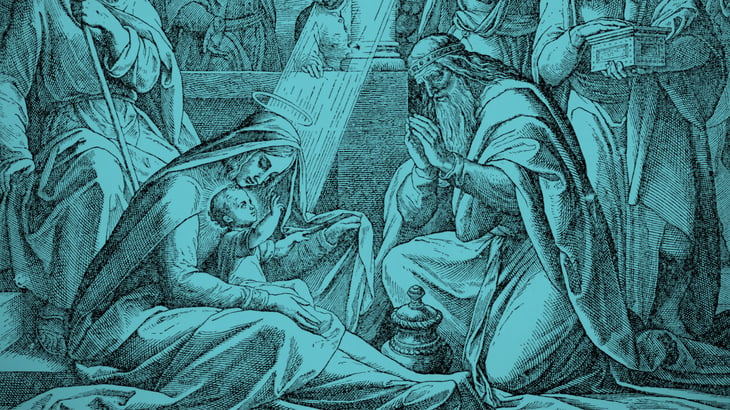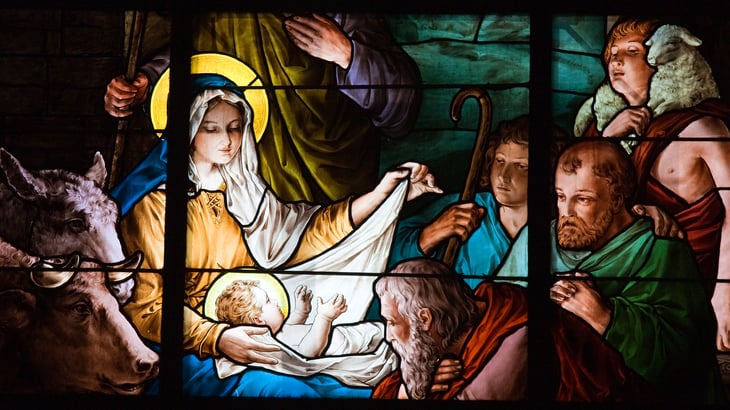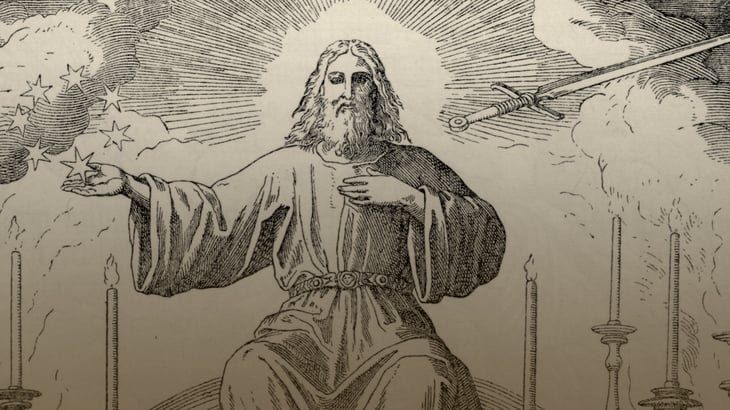Luther’s Catechism Series: The Ten Commandments Part 1
The First Commandment, “You shall have no other gods before Me,” is one of the most important to the Christian faith. Read Albrecht Peters’ Commentary on Luther’s Catechisms, Ten Commandments below.
The Debate That Summoned the Council of Jerusalem
The Book of Acts contains the prodigious account of Paul’s missionary journeys around Europe and Asia Minor. These journeys allowed Christianity to spread to places where it had never been before. After Paul’s first mission, he and Barnabas traveled to Jerusalem to speak on an issue that had been plaguing their converts. Would Gentiles, those who had not been converts to Judaism, have to be circumcised and uphold the Law of Moses be Christians?
A Christian Explanation of Predestination
The idea of predestination can be difficult to understand. Are Christians truly saved simply by Baptism and belief in Christ, or is there human effort that is needed? Are Christians predestined to salvation? Read C. F. W. Walther’s explanation on the topic of predestination below to learn more.
Luther on the Confession of Saint Peter
In the words of Matthew 16, we witness something incredible. We watch as Peter recognizes who Jesus really is. On January 18, the Church celebrates this confession. In an excerpt from Luther's Works on this event, we see the joy found in Peter identifying the Christ.
Saul to Paul to the Ends of the Earth
Paul’s missionary journeys are an incredible part of the Bible. The area that he covered to proclaim Christ as the Savior, even to those who would potentially kill him, makes Acts a phenomenal book on witnessing. But Paul wasn’t always a Christian, nor was he originally named Paul. To understand the beginning of Paul’s missionary journeys and why he felt compelled to begin, let’s look into Paul’s conversion to Christianity as told in Paul: Life and Letters, starting from when he was called Saul.
God’s Plan for the Magi
The season of Christmas is almost over, and Epiphany is right around the corner. To help set our minds on Christ, God’s plan for us, and all His gifts, we read an excerpt from the Matthew 1:1–11:1 Concordia Commentary below.
The Importance of Studying the Gospels
The first thing I did when I started thinking about this blog post was text a group of my twenty-something-year-old friends a question. I asked, “If you were deciding the next Bible study for a group at your church, would you choose one on a specific topic, one on the Gospels, or one on a different book of the Bible? Why?” I was not shocked with the answers I received. Most of them said they’d choose a book of the Bible they hadn’t studied much or a topic they wanted to delve deeper into. None of them said they’d choose the Gospels.
A Christmas Sermon from C. F. W. Walther
In a few short days, we will be celebrating the birth of our Savior, Jesus Christ. This is a monumental event, and C. F. W. Walther agrees. As a devotion for this significant celebration, we read Walther’s Christmas Day sermon below from Gospel Sermons Volume 1.
Old Testament Prophecy and the Birth of Christ
As we begin the season of Advent, we wait for the celebration of the birth of the Messiah. We wait and reflect on what it means that Jesus fulfilled the prophecies of the Old Testament, especially the prophecies that foretold His birth. We look at three specific prophecies about Christ's birth found in Isaiah and Micah.
Revelation and the End Times
When I saw Him, I fell at His feet as though dead. But He laid His right hand on me, saying. “Fear not, I am the first and the last, and the living one. I died, and behold I am alive forevermore, and I have the keys of Death and Hades. Write therefore the things that you have seen, those that are and those that are to take place after this.” (Revelation 1:17–19)





















